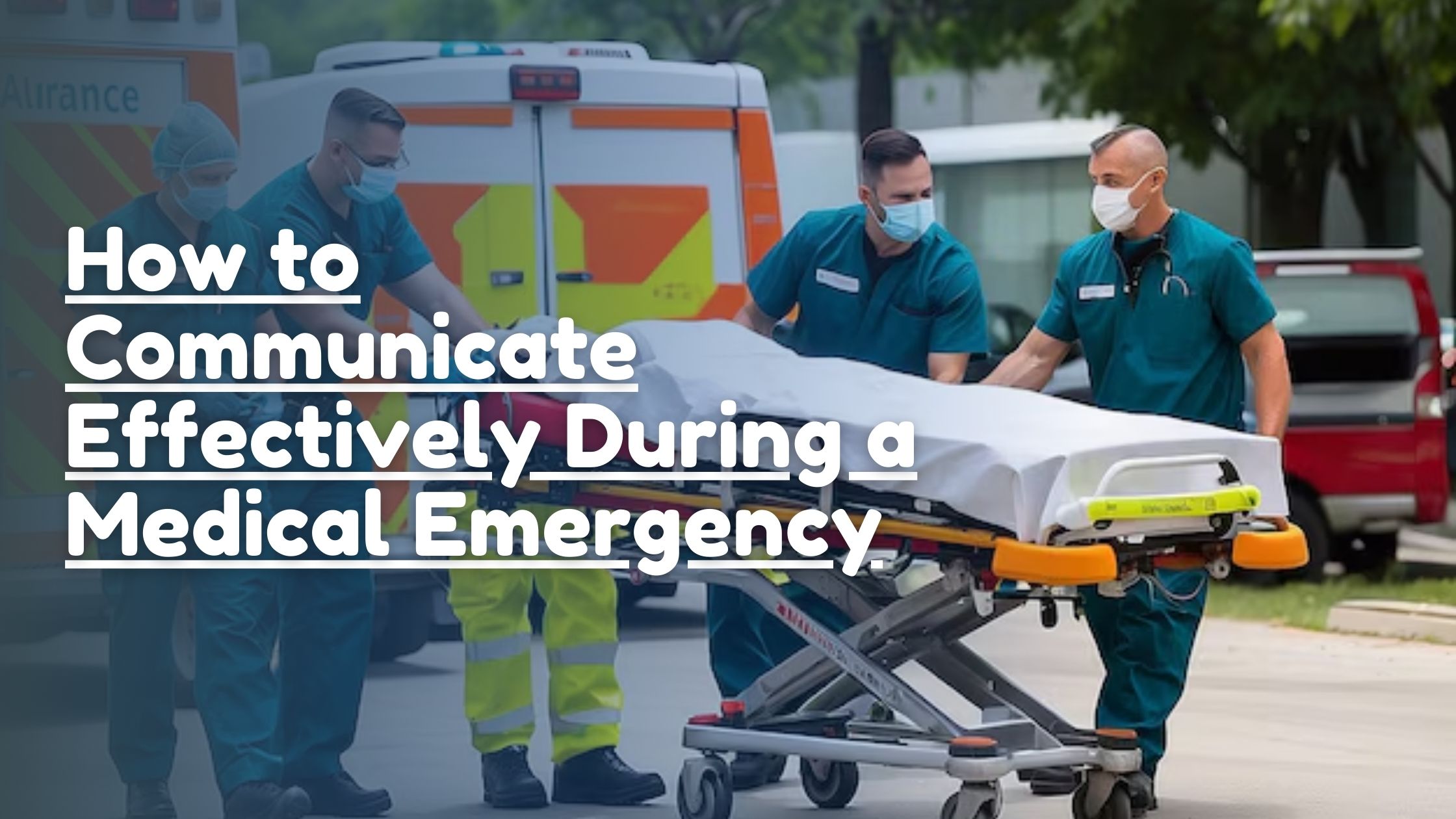
Effective communication during a medical emergency is crucial for ensuring swift and accurate care. Whether you're a bystander, a family member, or the person in need, clear communication can significantly impact the outcome of the situation. Here’s a guide on how to communicate effectively during these critical moments.
The first step in effective communication is to stay calm. Panic can cloud your judgment and hinder your ability to convey information accurately. Take a deep breath, and focus on the immediate needs of the situation. Calmness helps in providing clear, concise information and makes it easier for emergency responders to assess and address the issue.
When you contact emergency services, provide clear and precise details about the situation. Answer these key questions succinctly:
For example, instead of saying, "Someone is hurt," say, "A person has fallen from a ladder and is unconscious, with visible head injuries. The address is 123 Elm Street, and we are in the front yard."
Emergency dispatchers or medical professionals may give you specific instructions to follow. It’s crucial to listen carefully and adhere to these instructions as they are designed to manage the situation effectively until help arrives. If you don’t understand something, ask for clarification immediately.

Avoid using medical jargon or technical terms that may confuse those involved. Use simple, layman's terms to describe the situation. For instance, instead of saying, “The patient exhibits hypoglycemia,” say, “The person’s blood sugar seems low; they’re shaking and sweating.”
When communicating with emergency responders on the scene, relay information quickly and accurately. Provide a brief overview of the situation, any relevant medical history if known, and any actions you have taken. This helps responders to quickly understand the situation and prioritize their actions.
If multiple people are involved in the emergency, make sure everyone communicates consistently. Conflicting information can create confusion and delay response times. Designate a point person to relay information to emergency responders and ensure that all involved parties are clear on what is being communicated.
If you’re on the phone with emergency services, keep the line open until instructed otherwise. This allows dispatchers to ask follow-up questions and provides you with the opportunity to give any updates about the situation. If there’s a change in the condition of the person affected, inform the dispatcher immediately.
Emergencies can be stressful, but remaining patient and cooperative with responders and medical personnel is essential. They are trained to handle high-pressure situations and will appreciate your support and clear communication.
Effective communication during a medical emergency can make a significant difference in the outcome. By staying calm, providing accurate information, and following instructions carefully, you contribute to a more efficient and effective response. Remember, clear and precise communication not only helps in managing the situation but also ensures that help arrives in the quickest time possible.